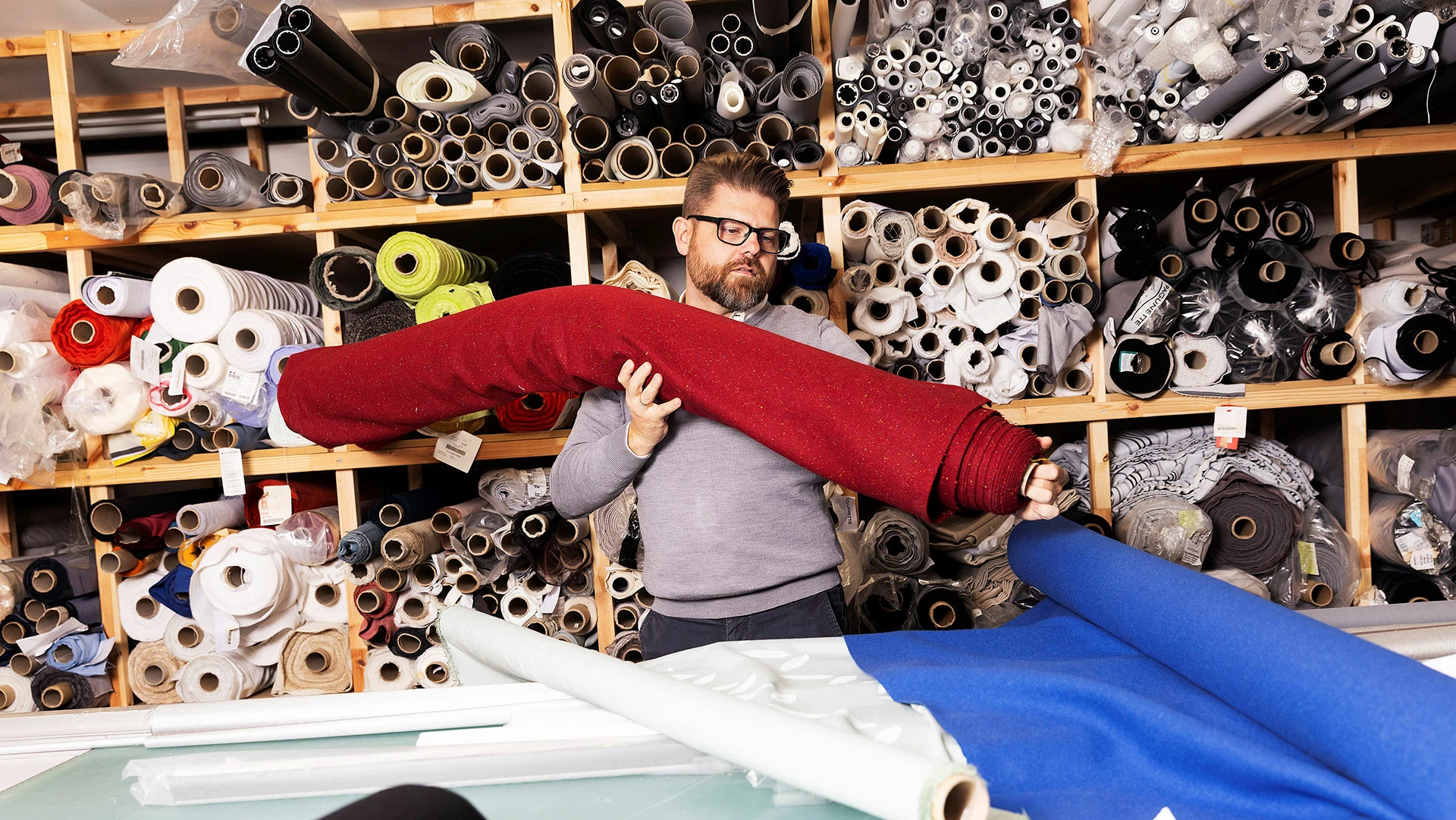Create awareness of the starting point
The Danish business sector has already seen cases of companies being rejected as subcontractors to large companies due to ESG requirements.
Cases which, also in this newspaper, have caused experts to sound the alarm: When Danish SMEs, accounting for 99% the Danish business community, are not even close to handling the green transition, it may, in the long term, affect the Danish business sector as a whole and Denmark’s possibility of attaining the objectives of green transition.
This forecast is a bit too gloomy, though, according to Nordea’s Simon Fisker.
“It’s true that large companies are now beginning to make demands on their value chains. But they are facing reporting challenges themselves, and it’s basically about having doubts in some areas about how to specifically request information from their suppliers,” he says and continues:
“Having said that, it is still essential for SMEs to embark on their ESG journey. We recognise it’s difficult. But it will be more challenging for the SME that continues to brush aside the green transition. It’s important to get started. The first step can be just to create awareness of where you are today. Tools are available to do that.”
”We’ve not yet reached the point where Danish SMEs are rejected by suppliers because they are unable to provide ESG reporting disclosures. But it may become a competitive factor to be able to do so,” Simon Fisker points out.
Tools are key
If Gardinmontøren has come as far as they have in their transition to a sustainable economy, this is largely due to the climate pilot who was placed at the company’s disposal free of charge by the business networking organisation and interest organisation on Funen, Fynsk Erhverv.
A sort of climate consultant who, for six weeks, helped the Funen curtain company prepare its carbon footprint disclosure report and provide instructions on where to take action and make priorities in the future.
“My estimate is that he (the climate pilot, ed.) brought us forward by one year during the six weeks,” says Jens Hansen.
But like Nordea’s Simon Fisker and SMVdanmark’s Simone Poulsen, Jens Hansen also finds that specific, digital and easily accessible tools are key if SMEs like Gardinmontøren are expected to be able to gain a clear perspective of the green transition, and of the green accounts and sustainability reports that are increasingly demanded.
“The tools help us know what to ask for. And more importantly – what not to ask for. We realise that we will eventually be required to treat our climate accounts as equivalent to financial statements, which I would never think of preparing either without the help of various tools,” he says.



